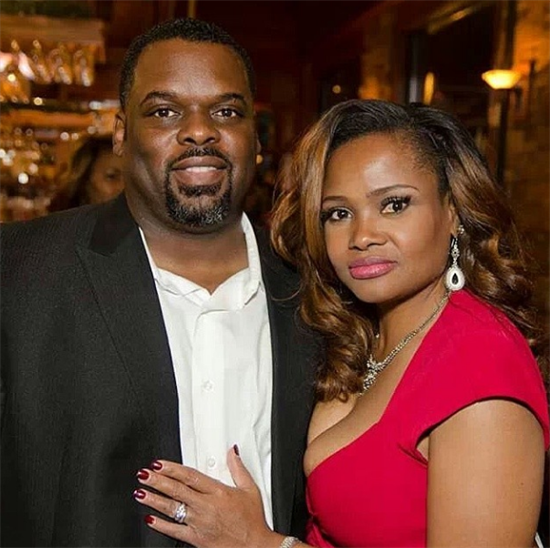A few weeks back, a small viral firestorm was raised around a blog by Seth Adam Smith called “Marriage Isn’t For Me.” If you didn’t see it on your Facebook wall, you doubtless saw one of the many responses it received. The general gist was a common enough one— “Marriage isn’t for you. You don’t marry to make yourself happy, you marry to make someone else happy,” as the article says—but it set off a little debate. Isn’t marriage at least a little bit for us? How far is too far when it comes to laying down your own will and desires for marriage? What is submission anyway?
It’s generally accepted in today’s Christian culture that the man is to be the leader of a romantic relationship or marriage (Ephesians 5, Colossians 3, etc.), We’ve heard here and there and a thousand other places that the wife is to submit to her husband and the responsibility of the family’s wellbeing and salvation falls to the man of the house.
While this is both accepted and appreciated in a setting of marriage, it can be a daunting scenario to those of us who are still single or unmarried as of yet, especially if our view of submission is not quite clear.
While this is both accepted and appreciated in a setting of marriage, it can be a daunting scenario to those of us who are still single or unmarried as of yet, especially if our view of submission is not quite clear.
MUTUAL SUBMISSION
Firstly, dating and maintaining a relationship in today’s culture—Christian or not—is hard enough without adding the pressure of unrealistic expectations. Men are not magically made into leaders full of wisdom at the drop of an invitation to dinner, and women are most certainly not beholden to a man simply because they happen to be dating.
Secondly and more importantly: yes, a wife is to submit to her husband as the Bible instructs. But this command is not limited to wives. Submission is something all believers do. Before the instructions to wives in Ephesians, Paul urges us to “submit to one another out of reverence for Christ.” On its own, Paul’s call for wives to submit to their husbands sounds stodgy and outdated. Taken in the context of a larger picture of how we ought to all submit to each other, its one part of a very lovely mosaic of selflessness.
A romantic relationship—marriage or dating—is at its healthiest and happiest when both partners view each other as equals in respect and importance. When both the man and the woman come together to lean upon one another in equality, a relationship is given the opportunity to flourish and grow in the most ideal of situations.
But this type of allegiance in romantic equality doesn’t just automatically happen once a man and woman are pronounced as husband and wife. Rather, it’s in the dating stages of a relationship where this equality is founded. Once we begin seeing our partner in a romantic way, it is our responsibility to make a concerted effort to forge a partnership that is equal in responsibility, trust and respect.








Leave a Reply